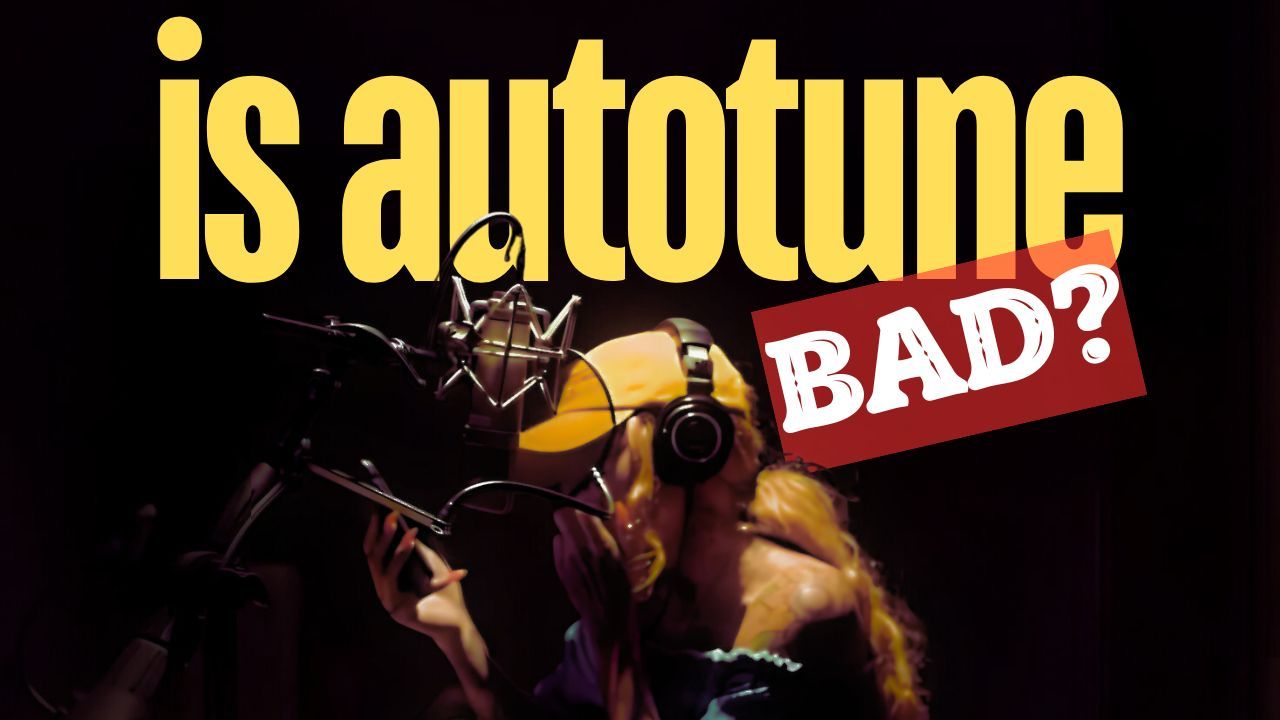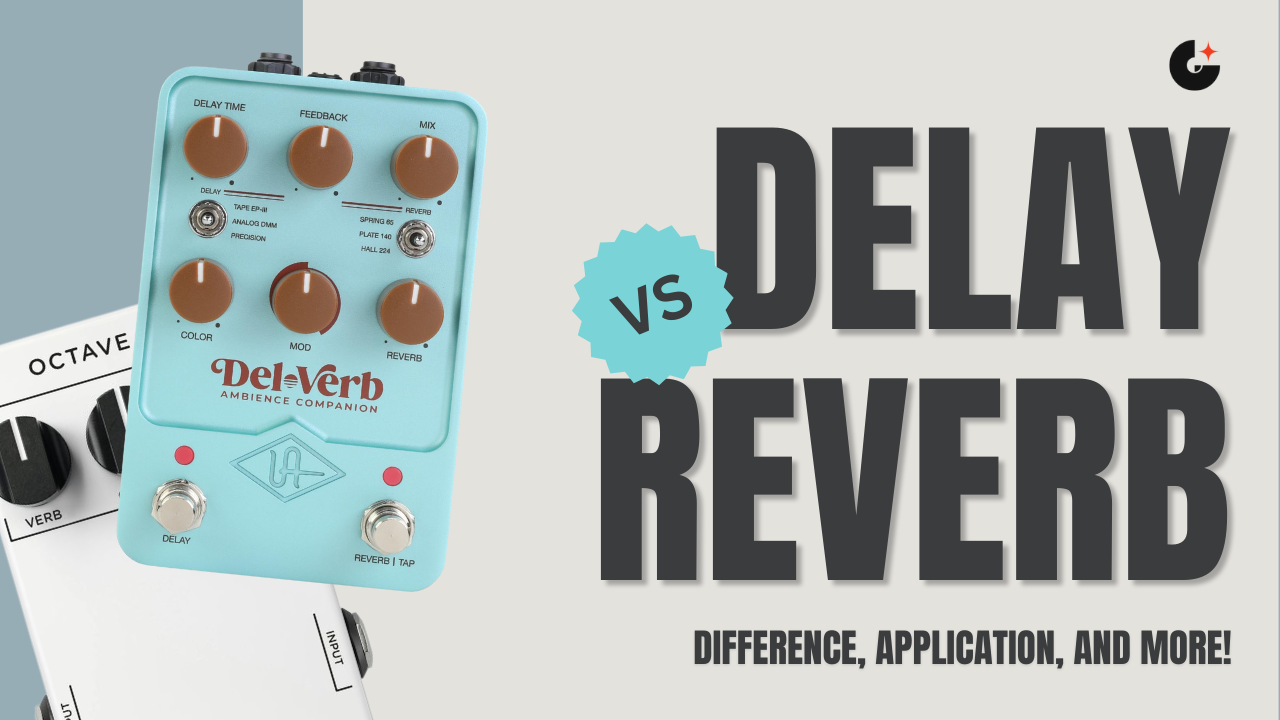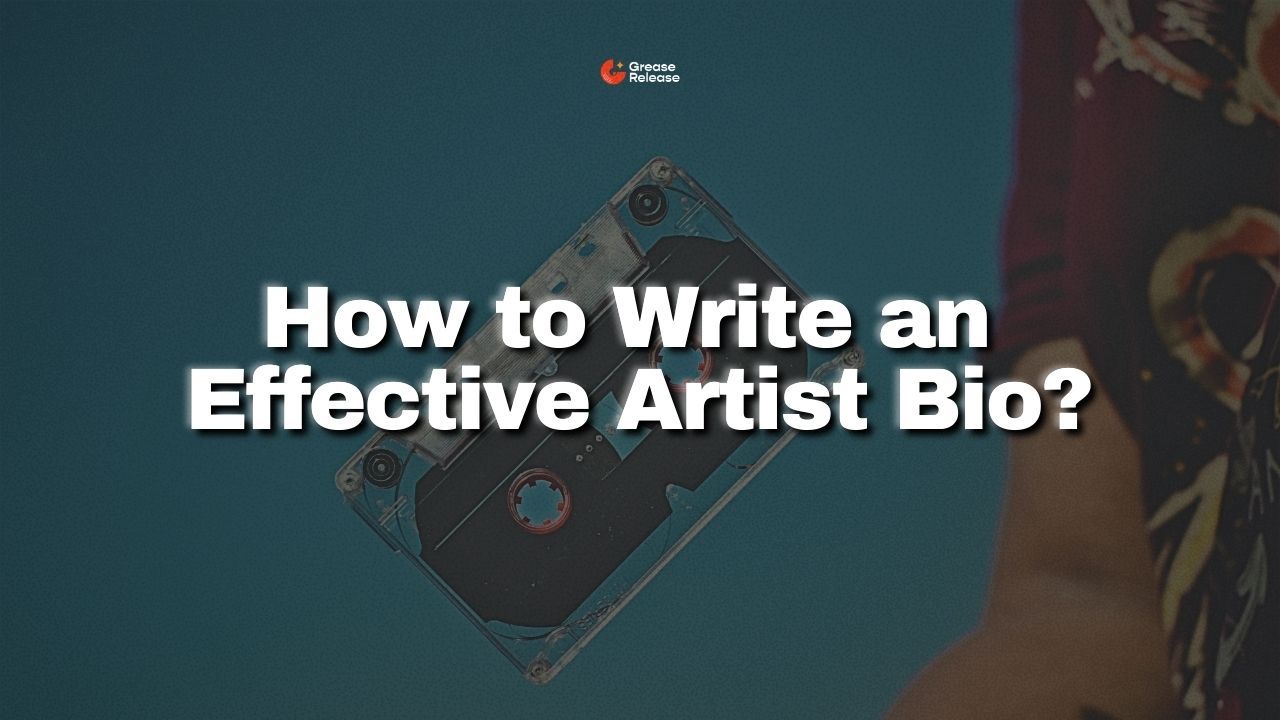
Is Autotune Bad? Pros and Cons of Autotune, Genre context and so on!
Jun 27, 2025The Truth About Using Autotune
Autotune has been called everything from a creative tool to the death of real talent. But in a world where autotune for singers is almost standard, and autotune for rappers defines entire genres, maybe the question isn’t if it’s good or bad. It’s how it’s used.
This blog is here to break it down. We’ll explain exactly what autotune is in singing, how artists use live autotune in performances, why autotune rap became its own sound, and what it all means for your creativity and credibility.
Whether you’re considering using autotune yourself, debating its ethics, or just curious how your favorite artists sound so clean, we’ve got answers. Let’s dive into the nuance behind the pitch correction, and figure out if autotune kills the vibe… or takes it to another level.
In this blog, we’re breaking it all down:
- What is autotune in singing and how does it work?
- Why do singers use autotune?
- How rap and different genres use autotune today
- Pros and Cons of using autotune for singers
- The ethical debate around autotune in modern music
- FAQs
- Does autotune kill talent or enhance it?
What is autotune in singing and how does it work?
So, what is autotune in singing? It’s not just a magic fix or a robotic effect. At its core, autotune was created to help singers stay in tune. Used subtly, it can smooth out imperfections without being noticeable. Crank it up, and you get that signature electronic sound popular in rap and hyperpop.
So how does it work?
Let’s break it down: autotune is a vocal processing tool that corrects pitch in real time. In simpler terms, it takes notes that are off-key and nudges them into the right place. Whether you're slightly flat or missing the note entirely, autotune adjusts your voice to match the intended pitch, instantly.
It works by analyzing the incoming pitch of a vocal and comparing it to a preset scale. Then it shifts the pitch of each note to match that scale, either transparently or obviously, depending on how the settings are tweaked. It’s like a vocal GPS: if you’re slightly off course, it reroutes you in real time.
Today, autotune isn’t just for the studio. Many artists now use live autotune on stage, connecting their mic to pitch correction software during concerts to maintain vocal consistency throughout the set. From pop singers to rappers, it’s come a long way from being a studio secret to becoming a performance staple.
Why do singers use autotune?
The truth? Autotune isn’t just about covering up bad singing. Singers use autotune to sound more polished, more in control, and sometimes more intentionally stylized.
In the studio, autotune for singers acts like a vocal safety net that catches tiny pitch slips and smoothes them out. Even trained vocalists who can hit every note still use it, especially in pop, R&B, and electronic music where perfection is part of the sound.
Here’s why autotune is part of the studio process:
- Consistency: Makes every take match up, note-for-note.
- Speed: Less time fixing tiny pitch issues manually = faster releases.
- Creative Control: Artists can experiment with sound, vibe, and vocal texture.
Why (and how) is autotune used in live shows?
Running, dancing, bad acoustics, nerves. Live performance comes with chaos. Autotune keeps your vocals steady through all of it.
You’ll often find live autotune in high-energy pop or rap sets, where there's choreography or big effects. But even indie and alt artists use it subtly, to maintain tone and energy across their set.
In both cases, studio or stage, autotune isn't a crutch. It's a tool. And like any tool, it depends on how you use it.
How rap and different genres use autotune today
There’s no denying it: autotune for rappers has shaped the sound of modern hip-hop. What started as a pitch-correction tool is now a full-blown stylistic choice, especially in rap where voice becomes an instrument in itself.
Artists like T-Pain, Travis Scott, Future don’t just use autotune to stay on pitch, but also to create an emotional, melodic texture that feels futuristic, robotic, and raw all at once. Now, autotune is a genre marker in a lot of different types of rap. Without it, some tracks would lose their entire vibe. Like, can you even imagine FE!N without the autotune?
But it’s not just rap.
- In pop, autotune adds shimmer and shine. Think Ariana Grande or Charlie Puth. Flawless notes with subtle polish.
- In electronic music, it’s pushed to extremes. Distorted, chopped, and layered into alien-sounding vocals.
- Even rock and indie acts have started using autotune sparingly, either to blend with synth-heavy production or to make lo-fi vocals sound intentionally processed.
So while autotune for rappers is often the headline, it's part of a much bigger musical shift. From trap to techno, folk-pop to K-pop, autotune isn’t just accepted but also often expected.
Pros and Cons of using autotune for singers
| Pros | Cons |
|---|---|
| Pitch Correction – Helps singers hit the right notes, especially in live performances or long studio sessions. | Overuse Can Sound Artificial – When cranked up too high, autotune can strip emotion and texture from the voice. |
| Creative Tool in Autotune Rap – Used intentionally to create a signature vocal style, especially in hip-hop and trap. | Can Undermine Vocal Training – Reliance on autotune may discourage singers from developing technique. |
| Saves Time in Studio – Reduces the need for retakes and helps smooth over tiny imperfections in otherwise great takes. | Audience Trust Issues – Some listeners view autotune as "cheating" or inauthentic. |
| Makes Vocal Layering Easier – Tightens harmonies and stacks multiple vocal tracks with precision. | Can Flatten Expression – Without dynamic control, the vocal can feel robotic or less expressive. |
| Inclusive for Different Voices – Great for new or experimental vocalists who may not have classical training. | Genre-Limited Sound – Not every genre welcomes autotune. |
The ethical debate around autotune in modern music
So… is autotune bad? Depends who you ask.
Some say it's cheating, a crutch for singers who can’t hit notes. Others argue it's just another production tool, no different from reverb or EQ. And in genres like rap or hyperpop, it’s literally the aesthetic.
The real question is: why are you using it?
If you’re using autotune to enhance your vibe, cool. If you’re hiding a lazy take or skipping practice, yeah… that might feel a little off. At the end of the day, it’s not about good vs bad. It’s about intention. Use it smartly, more importantly, use it honestly, and you should be fine!
The hate usually comes from when people feel scammed, like they were promised raw vocals and got a robot instead.
However, what can’t be unseen is the very obvious favoring of “no-autotune” singers and songs by audiences, in a way that almost puts such singers on a pedestal that is way higher than the ones who use autotune.
FAQs
1. Is it cheating to use autotune?
Not really. Using autotune for singers is like color-grading in film. It enhances, it doesn’t fake. If you're relying on it to replace skill, that's a different story. But if it’s a stylistic choice or for minor corrections, it’s just part of modern production.
2. Can autotune make anyone a good singer?
Nope. It can make you sound in tune, but tone, control, and emotion still need to come from you. Autotune can’t teach you how to sing or perform. It just polishes what’s already there.
3. Do all famous singers use autotune?
Most do, at least a little. Even the greats use it for subtle pitch correction in studio takes. In genres like pop, rap, or trap, it’s part of the sound.
4. Is autotune different from pitch correction?
Kind of. “Autotune” is often used as a blanket term, but technically:
- Autotune (like the Antares plugin) is real-time pitch adjustment, often with that signature robotic sound.
- Pitch correction is more manual and subtle, used to clean up notes after recording.
Both fix pitch, but the intent and effect are different.
5. Can autotune be used live on stage?
Yes, live autotune is super common now. Artists use it to stay in tune during energetic sets, especially with tough choreography or sound conditions. It’s not always obvious either, sometimes it’s light, other times it’s full-blown Travis Scott mode.
Does autotune kill talent or enhance it?
Hot take: Autotune isn’t ruining music, bad use of it is.
At the end of the day, autotune for singers is just a tool. Like distortion on a guitar or reverb on a mic, it’s all about how you use it. Does it cover up flaws? Sometimes. But does it also open creative doors and let artists explore sounds that weren’t possible before? Absolutely.
In autotune rap, it’s a whole aesthetic. In pop, it’s a polish. And in some cases, yeah, it’s a crutch. But using it doesn’t make you any less of a musician if your songwriting, delivery, and intention are solid.
So is autotune bad? Not inherently. It can kill the vibe and make the song soulless if it’s overdone or used in a place that doesn’t require it, but in the right hands, it enhances it. The key is to know why you’re using it. Own the choice. Make it part of your sound, not a substitute for it.
Whether you're raw and unplugged or shining with live autotune, just make sure the emotion still cuts through. Because at the end of the day, that’s what people actually care about.
We at GreaseRelease, have a bunch of curators on our network who are looking for new & exciting music to push on their massive playlists. If you make music and want to reach a wider audience, check out our submission platform and get a chance to reach millions of listeners! Submit your tracks now!
Don't miss my newsletter!
Join me on a music entrepreneurship journey with new tips and tricks delivered straight to your inbox.
We hate SPAM. We will never sell your information, for any reason.




